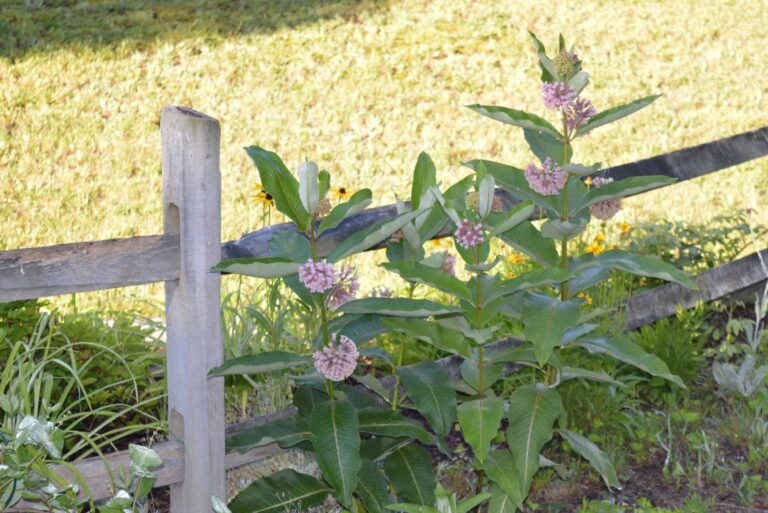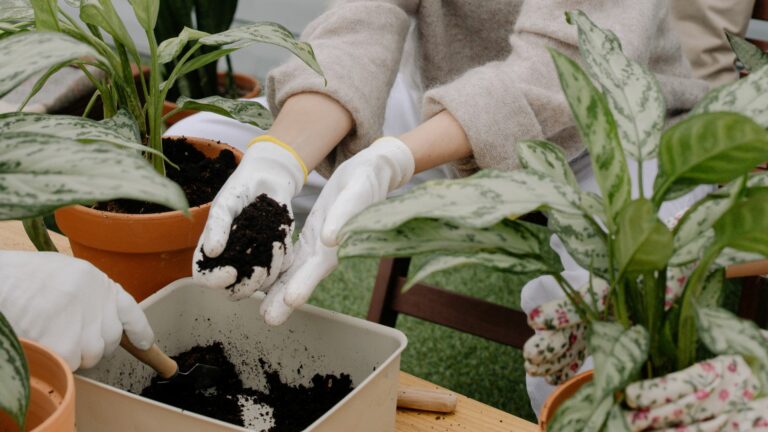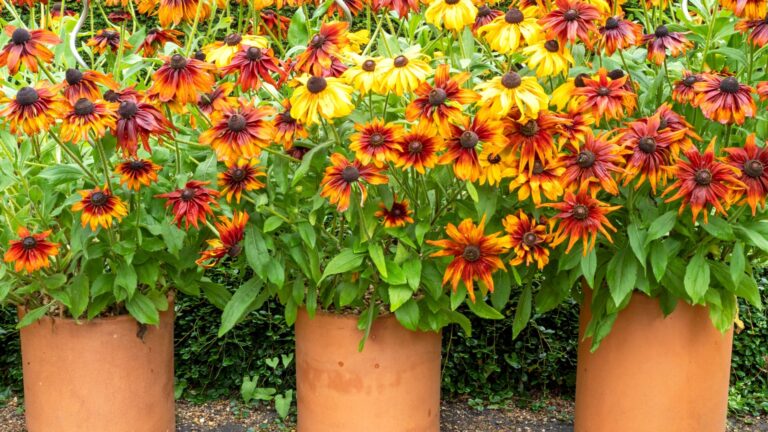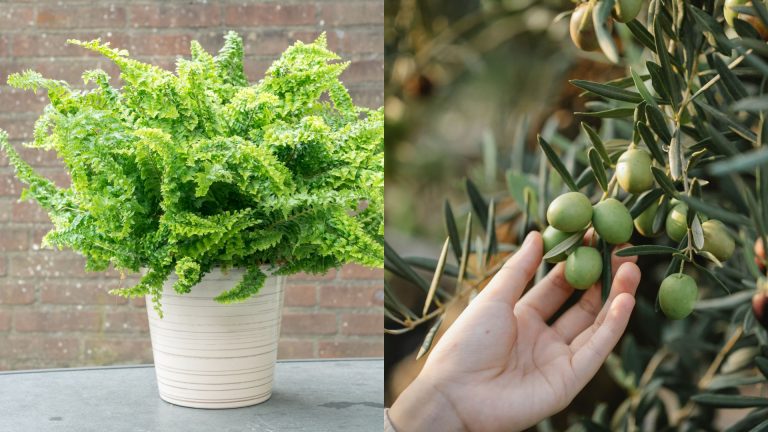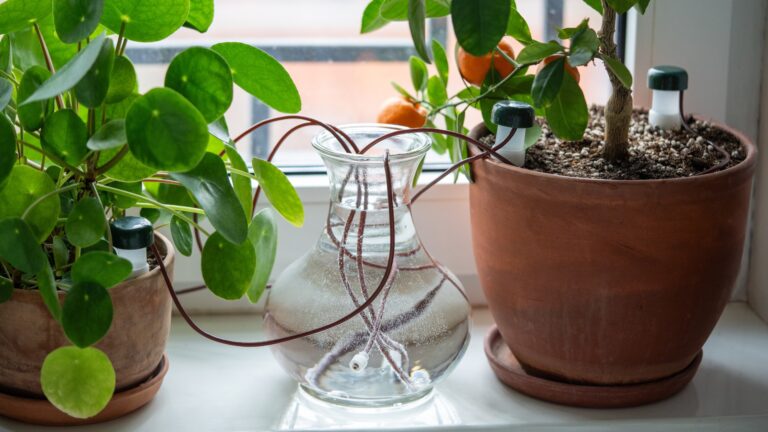15 Reasons Why You Should Use Hydrogen Peroxide on Your Plants (And 2 Times You Shouldn’t)
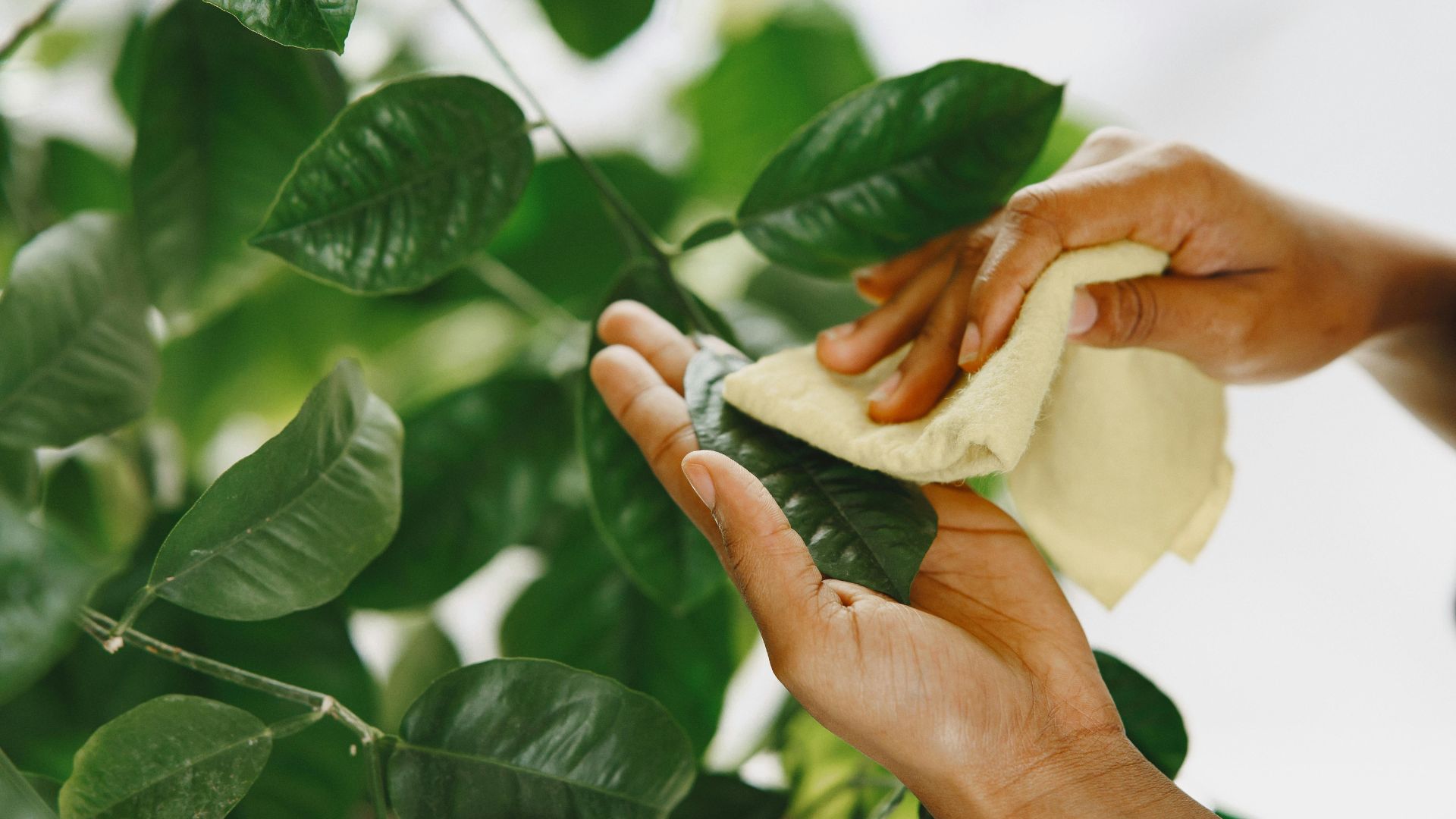
Hydrogen peroxide might be something you usually reach for when cleaning a cut, but did you know it can also be a powerful tool in your garden? I was skeptical at first too—but after trying it on a few struggling plants, I saw firsthand how much it could help. It’s one of those “hidden in plain sight” gardening hacks.
When used correctly, hydrogen peroxide can help plants bounce back from disease, encourage stronger roots, and even deter some pests. But like with most things in the garden, balance is key—too much of it, or using it the wrong way, can actually do more harm than good.
So, here are some ups and downs of using hydrogen peroxide on your plants—when it works, when to avoid it, and exactly how to apply it for the best results. This will help you decide if hydrogen peroxide deserves a spot in your gardening routine.
1. Kills Harmful Bacteria
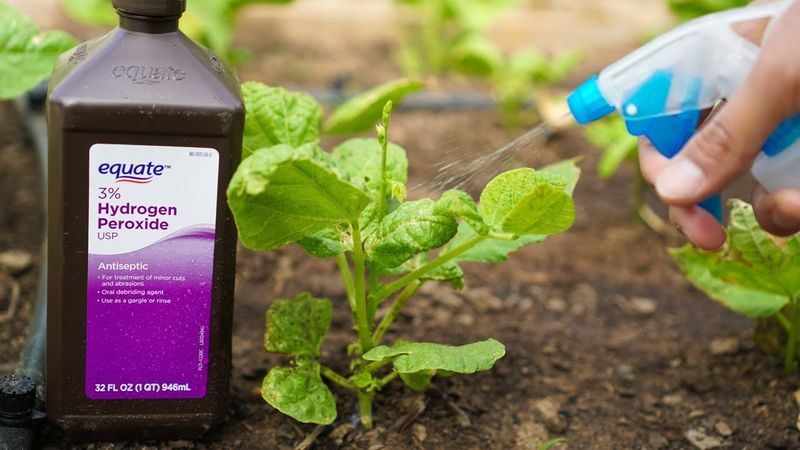
Plants can be vulnerable to bacterial infections, which can stunt growth and reduce yield. By diluting hydrogen peroxide in water and applying it to the soil, it acts as a natural disinfectant.
It penetrates the soil and targets harmful bacteria. While it works wonders on bacteria, it doesn’t harm your precious plants when used correctly. Many gardeners find it a safer alternative to harsh chemical treatments.
This method not only treats existing problems but also helps in preventing future bacterial invasions, making it an essential part of garden care for healthy growth.
2. Prevents Root Rot
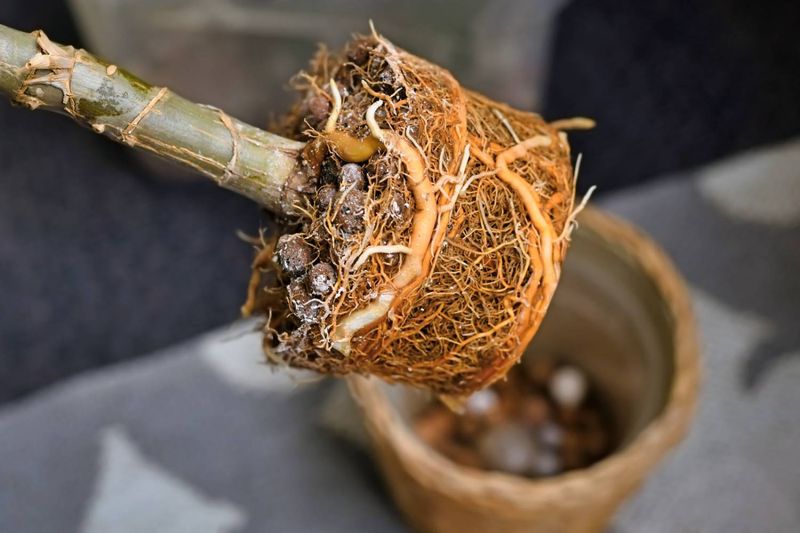
Root rot is a dreaded condition that can swiftly kill a plant. By using hydrogen peroxide, you’re introducing a dose of extra oxygen to the roots. It helps break down the smothering wet conditions that promote root rot.
This method can revive struggling plants or prevent healthy plants from succumbing to this disease.
Regular but moderate use can ensure your plants’ roots stay firm and healthy. For many gardeners, this simple addition to their routine can mean the difference between life and decay.
3. Improves Soil Aeration
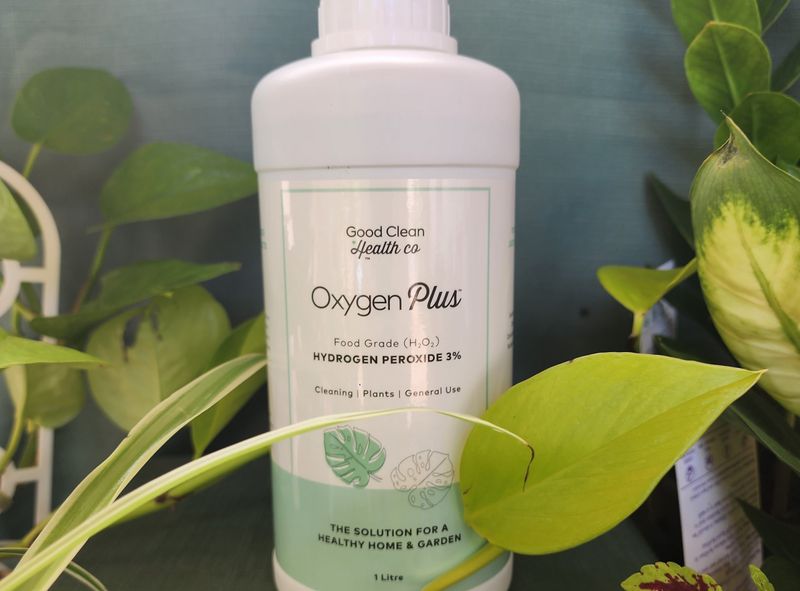
Good soil aeration is critical for plant health, ensuring that roots receive the oxygen they need. Adding hydrogen peroxide to water and applying it to the soil can significantly improve aeration.
This practice increases oxygen levels, facilitating better root development. For compacted or heavy soils, this method can turn the tide, making once hard-to-manage garden beds more cultivable.
Many enthusiasts swear by its ability to transform plant health from the roots up. It’s a simple yet effective technique, perfect for those looking to enhance their soil without mechanical intervention.
4. Boosts Seed Germination
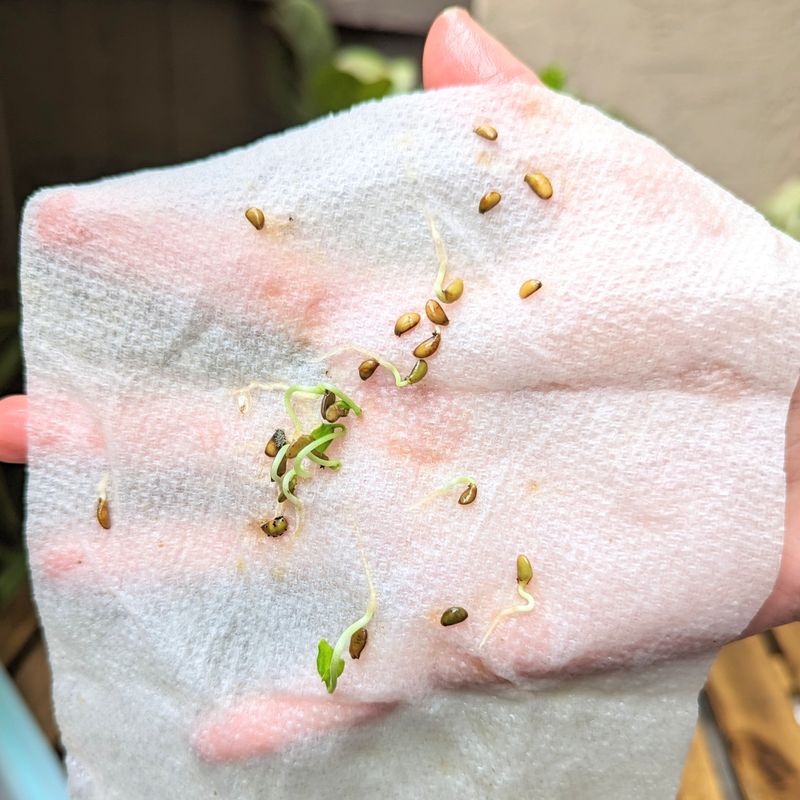
Seeds have natural defenses that can sometimes hinder germination rates. A quick soak in a diluted hydrogen peroxide solution can help soften seed coats, promoting quicker germination.
This little trick can be especially useful for tough seeds that are slow to sprout. By breaking down inhibitory barriers, it allows the seed to absorb water more efficiently.
Many gardeners have noticed markedly improved germination rates with this method. It represents a straightforward way to enhance the initial stages of plant life, giving seeds a much-needed boost from the start.
5. Disinfects Gardening Tools
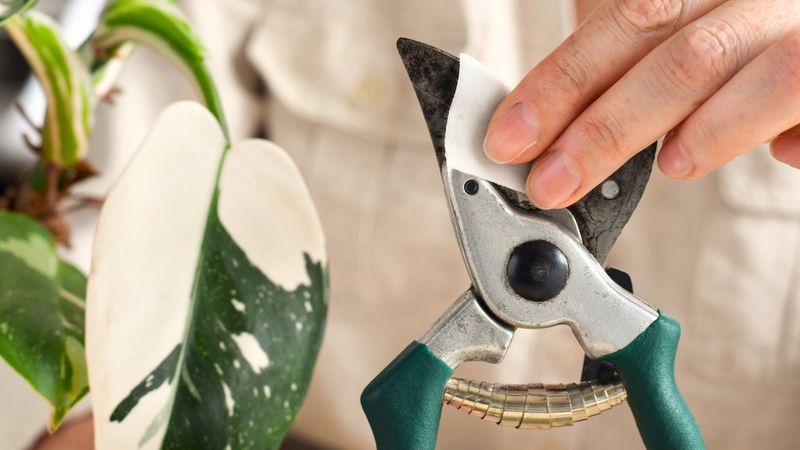
Gardening tools often carry pathogens from plant to plant, risking cross-contamination. Hydrogen peroxide offers an effective and eco-friendly way to disinfect these tools.
Soaking or wiping them with a diluted solution can eliminate harmful pathogens. This practice ensures that when you prune or plant, your tools won’t introduce new diseases.
Many gardeners appreciate this easy method for its dual role. It’s a small step that can significantly impact overall garden hygiene, proving to be both practical and protective.
6. Fights Fungal Infections
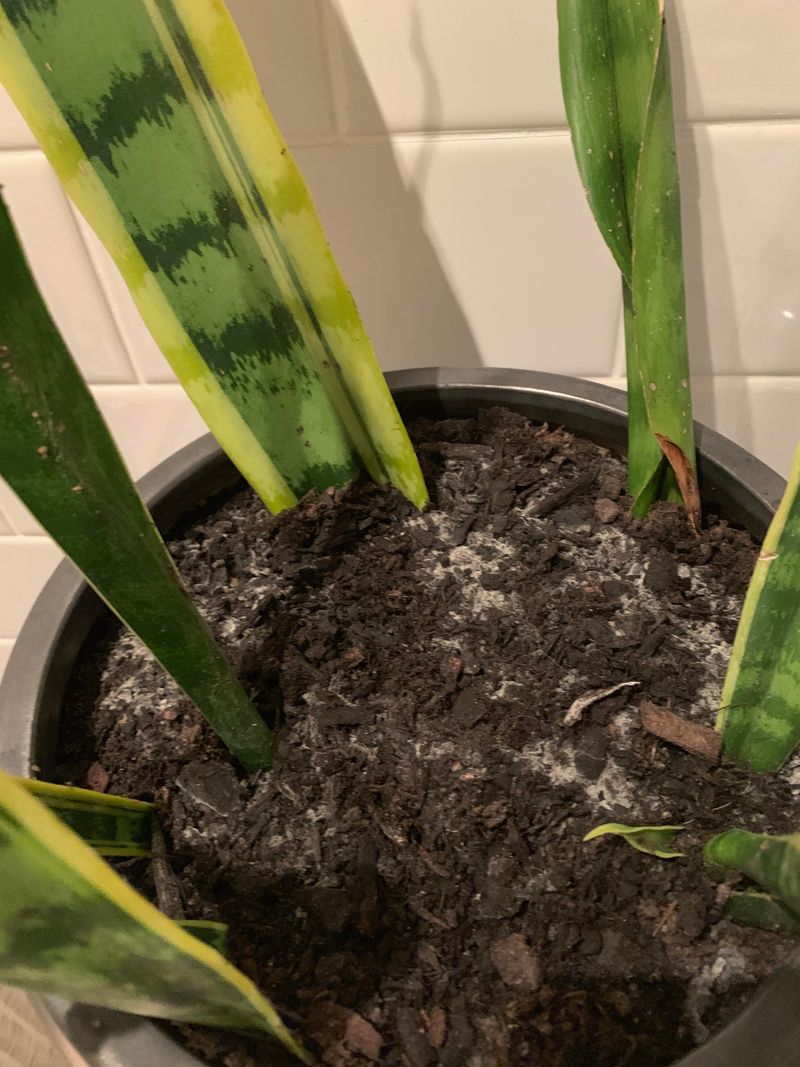
Fungal infections can be challenging, often spreading quickly in warm, damp conditions. Hydrogen peroxide can be an effective treatment against such infections, breaking down fungal spores upon contact.
Mixing a mild solution and spraying it on affected plants can halt the progress of these unwelcome guests.
It offers a gentler alternative to more aggressive chemical fungicides. Many gardeners report noticeable improvements and healthier plant appearances after treatment.
7. Cleans Plant Leaves
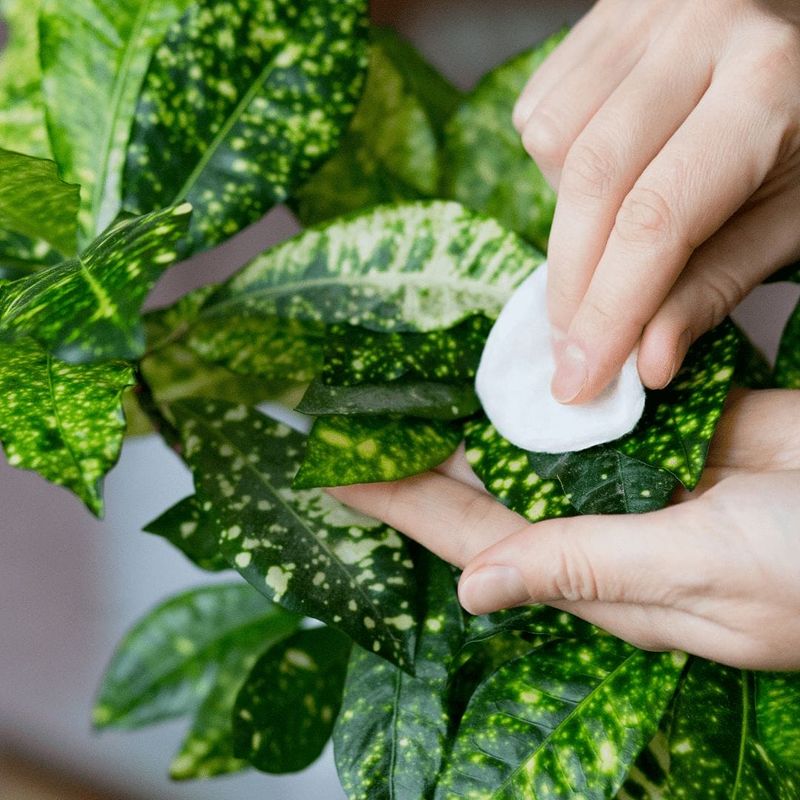
Leaves often accumulate dust and pollutants that can affect photosynthesis. Gently wiping leaves with a diluted hydrogen peroxide solution removes this buildup.
It refreshes the leaves, enhancing their ability to absorb sunlight efficiently. Many gardeners find that it not only improves the plant’s appearance but also its overall health.
Regular maintenance with this method can ensure your plants look pretty and perform at their best. It’s a straightforward approach to keeping your garden looking immaculate.
8. Treats Pest Infestations

Pests are a common issue that can wreak havoc on gardens. Hydrogen peroxide provides an effective way to control these pests without harsh chemicals.
By spraying a diluted solution on affected plants, it can disrupt the life cycle of insects like aphids and mites. This method offers a safer option for those wary of chemical pesticides, protecting beneficial insects while targeting pests.
Many gardeners have found this technique to be both effective and gentle on plants. Incorporating it into your pest management routine can lead to healthier, more resilient gardens.
9. Stimulates Root Growth
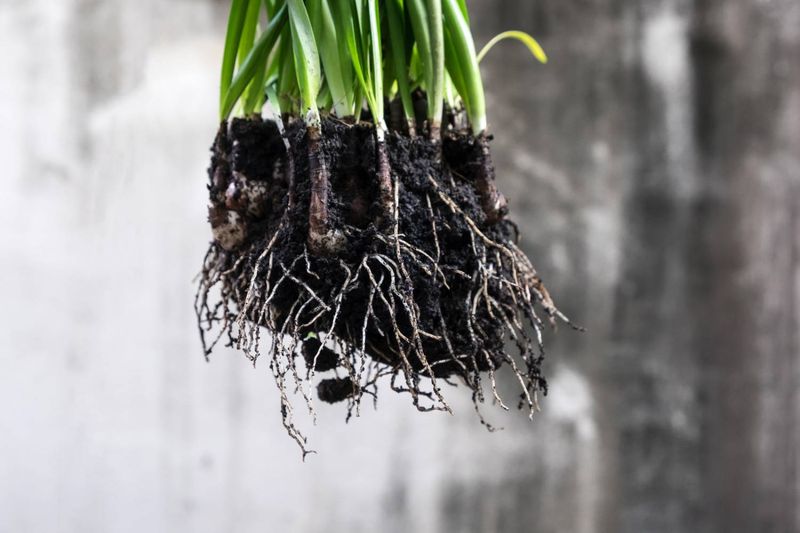
Strong roots are the foundation of any plant. Applying hydrogen peroxide can stimulate root growth by increasing oxygen availability. This process encourages the development of more robust and extensive root systems.
For those cultivating new plants, this technique can significantly enhance growth rates. Many gardeners notice faster, healthier root expansion as a result of using this method.
It’s an effective way to support plants during critical growth phases. Ensuring your plants have strong, healthy roots can make a noticeable difference in their overall vigor and yield.
10. Oxygenates The Soil
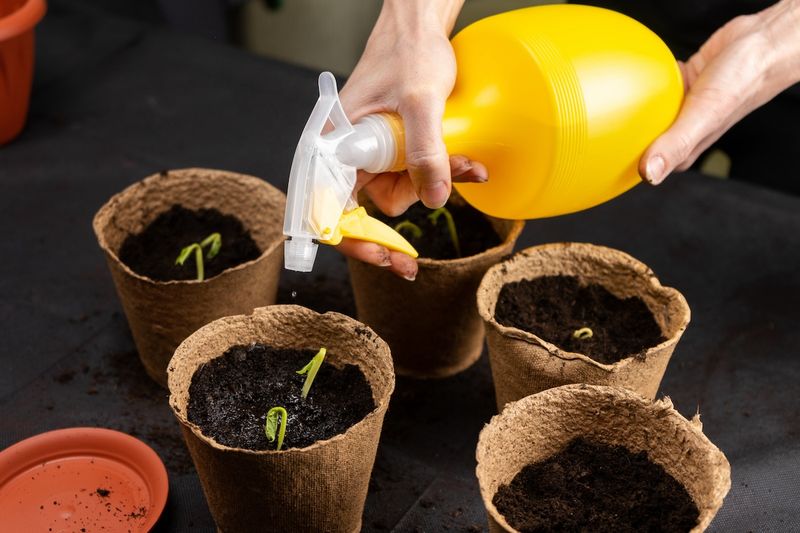
Soil oxygenation is crucial for plant vitality, particularly in dense or compacted soils where roots struggle to breathe. Hydrogen peroxide helps by breaking down into water and oxygen, directly oxygenating the soil.
This is particularly beneficial for potted plants or those in areas with poor drainage. By enhancing oxygen flow, it promotes healthier root systems and boosts nutrient uptake.
Many gardeners find this to be a simple yet effective way to improve plant health. The method serves as an accessible option for those seeking to invigorate tired or stressed soils naturally.
11. Sanitizes Hydroponic Systems
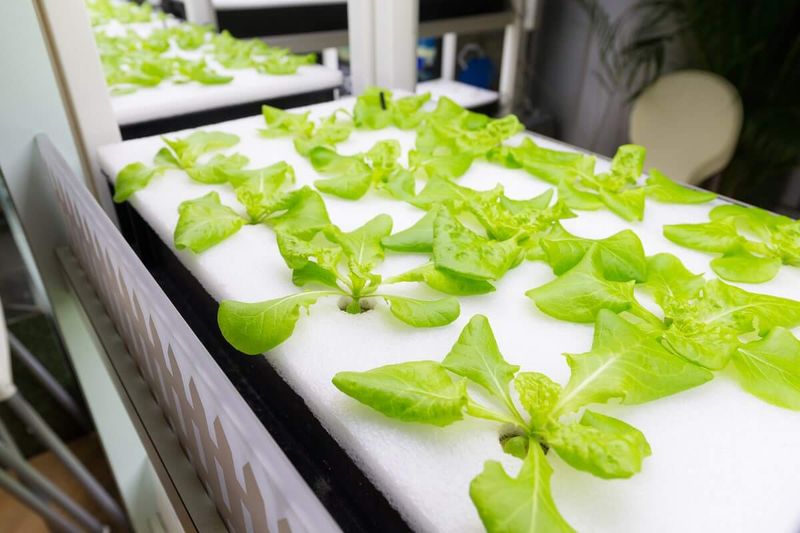
Hydroponic systems require meticulous sanitation to ensure plant health. Hydrogen peroxide offers an exceptional way to clean these setups, preventing algae and bacterial growth.
This sanitization process helps maintain clear water channels and nutrient solutions. Regular use can keep hydroponic systems in peak condition. Many hydroponic enthusiasts appreciate its non-toxic nature compared to other cleaning agents.
This approach provides peace of mind, knowing that your plants are thriving in a clean and uncontaminated environment. It’s a vital step for anyone serious about hydroponic gardening.
12. Reduces Mold On Soil Surface
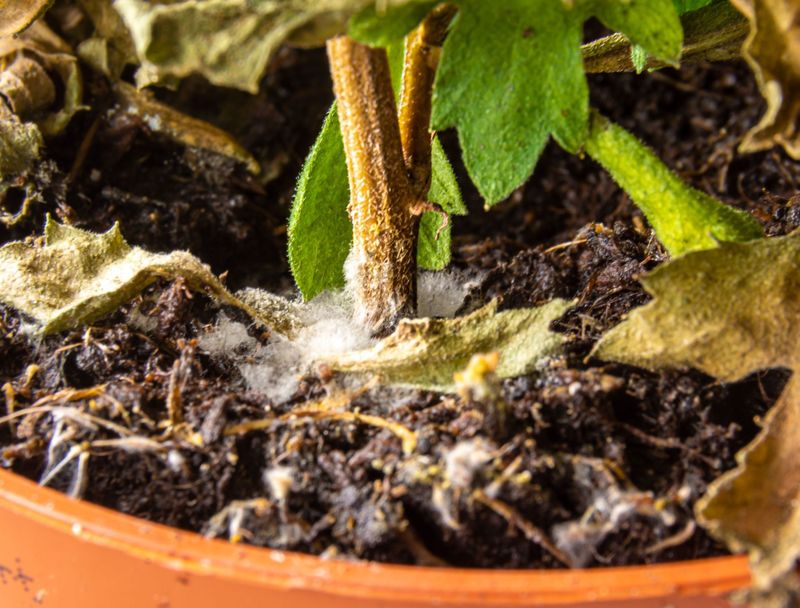
Mold on the soil surface is not just unsightly; it can also harm plants by affecting soil health. Hydrogen peroxide can effectively combat this issue when sprayed on the affected areas.
Its antifungal properties help clear mold, creating a healthier soil environment for plants. Many gardeners find that this simple application leads to an immediate improvement in soil appearance and plant health.
It’s an easy way to manage mold without resorting to more invasive measures. Regular use can prevent mold recurrence, keeping your garden beds in top condition throughout the growing season.
13. Revives Wilting Plants
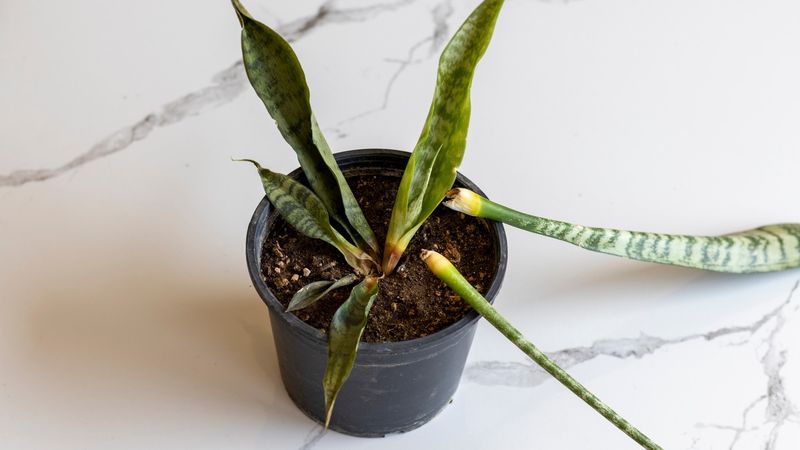
Wilting can be a distress signal from plants, often indicating problems like root damage or lack of oxygen. Hydrogen peroxide can help revive these plants by providing essential oxygen to the roots.
When applied carefully, it can reverse wilting, restoring plants to their former glory. Gardeners often use this technique to rescue valuable plants in distress.
The added oxygen in the solution helps roots recover more swiftly, leading to visible improvement in plant posture. It’s a quick, effective fix that can save plants from further decline, giving them a second chance at health.
14. Deters Certain Insects
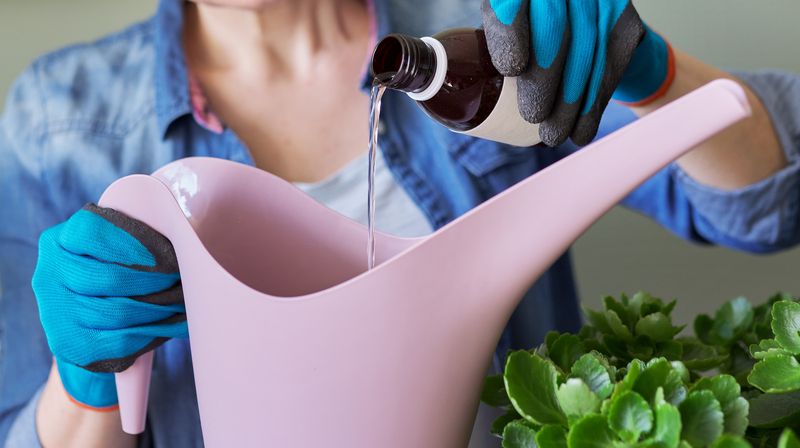
Insects can be both a nuisance and a threat to plants. Hydrogen peroxide acts as a deterrent to certain insects, keeping them at bay without harming the plants.
When applied as a spray, it alters the environment, making it less hospitable for pests. This method is a natural way to maintain garden health without relying on insecticides.
By incorporating this practice, you can reduce pest pressure and enhance the overall resilience of your plants against infestations.
15. Cleans Containers And Pots
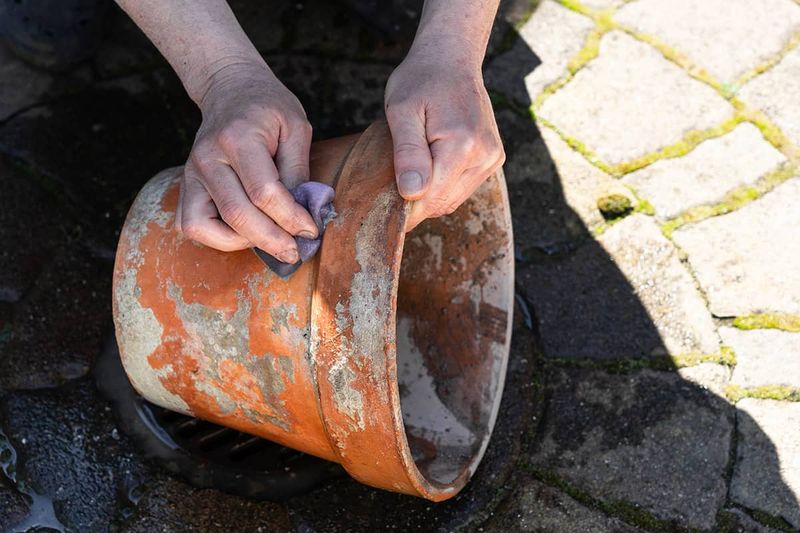
Clean containers are crucial for preventing disease transfer between plants. Hydrogen peroxide is excellent for cleaning pots and containers, removing residues and pathogens.
By soaking or scrubbing with this solution, you ensure a sterile environment for new plants. This practice supports plant health right from the start, minimizing potential risks of contamination.
It’s a proactive approach to garden hygiene that can lead to more successful growing outcomes, making it a staple in plant care routines.
16. Avoid On Sensitive Plants
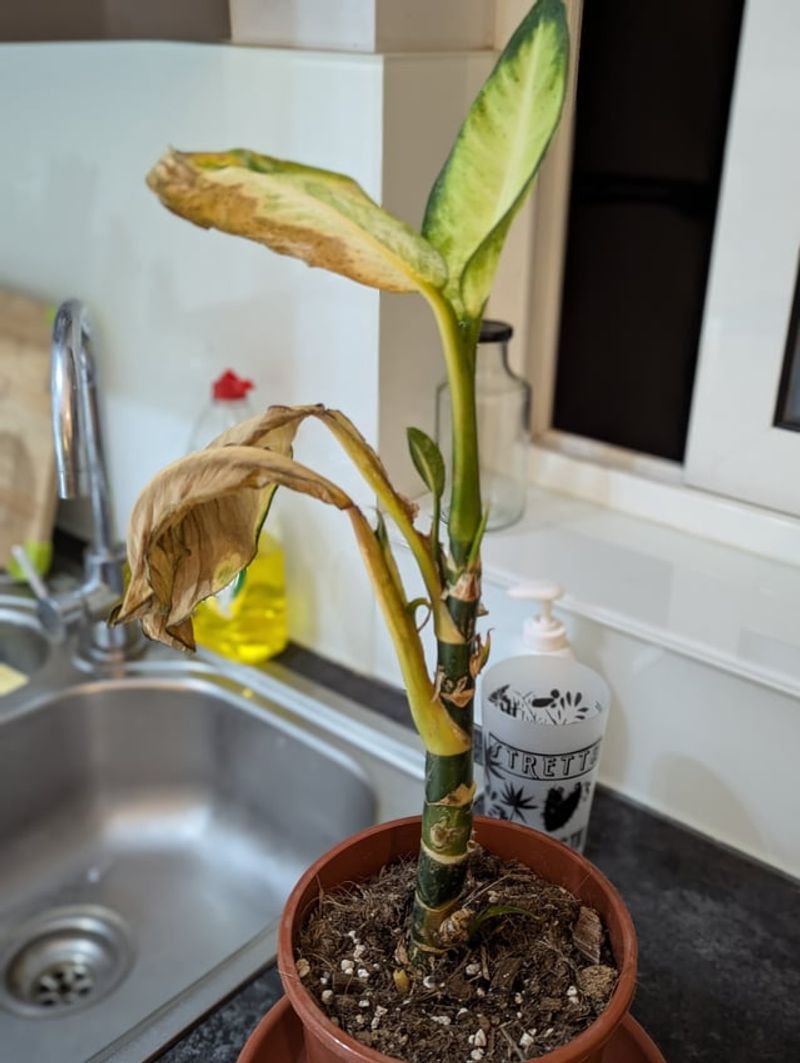
While hydrogen peroxide offers numerous benefits, it isn’t suitable for all plant types. Sensitive plants, such as orchids, can react negatively, suffering damage or stress.
It’s crucial to know your plant’s tolerance before application. Testing a small area first can help gauge its reaction. Many gardeners have learned through experience which plants can handle this treatment and which cannot.
Ensuring you apply it only to appropriate species can prevent unintended harm. This awareness is essential for maintaining the delicate balance needed in diverse plant collections, safeguarding sensitive plant health.
17. Never Use Full-Strength Solution
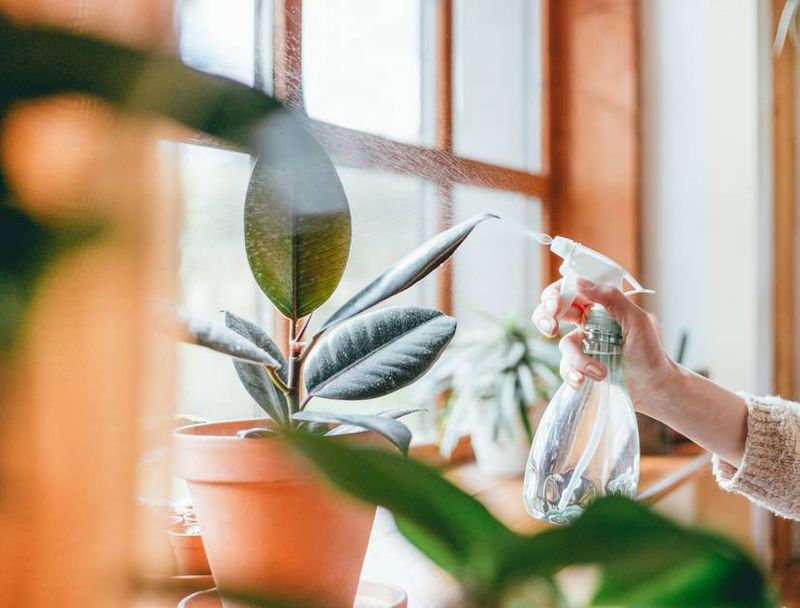
Full-strength hydrogen peroxide can harm plants rather than help them. It’s vital to dilute it before use, typically mixing it with water to reach a safe concentration.
Applying it undiluted can lead to leaf burn and root damage, counteracting its benefits. Many gardeners emphasize the importance of precise measurements to ensure plant safety.
This cautionary step protects plants from potential harm, allowing them to enjoy the many benefits hydrogen peroxide can offer.
Understanding the appropriate dilution rates is key to successful application and avoiding mishaps in plant care activities.


